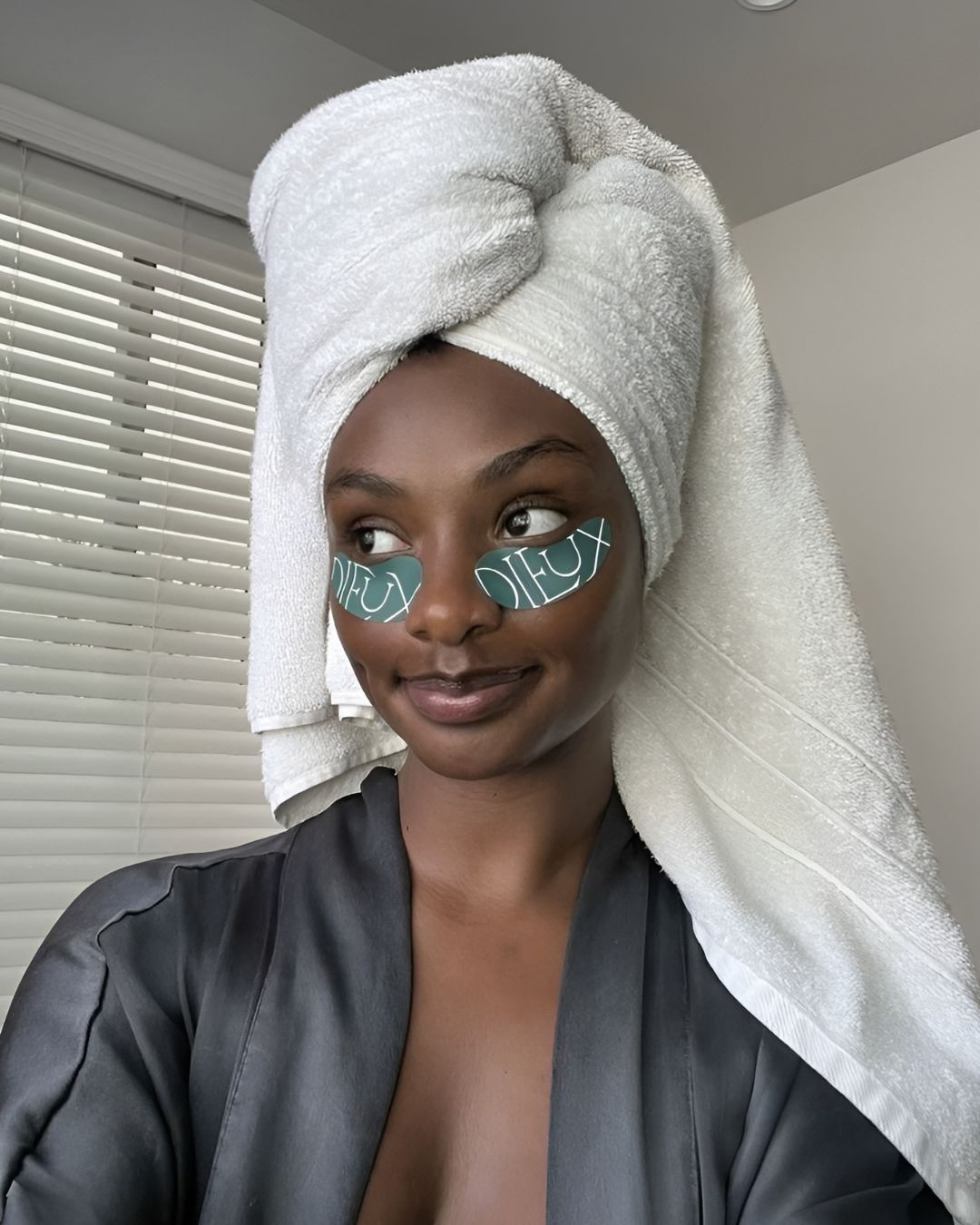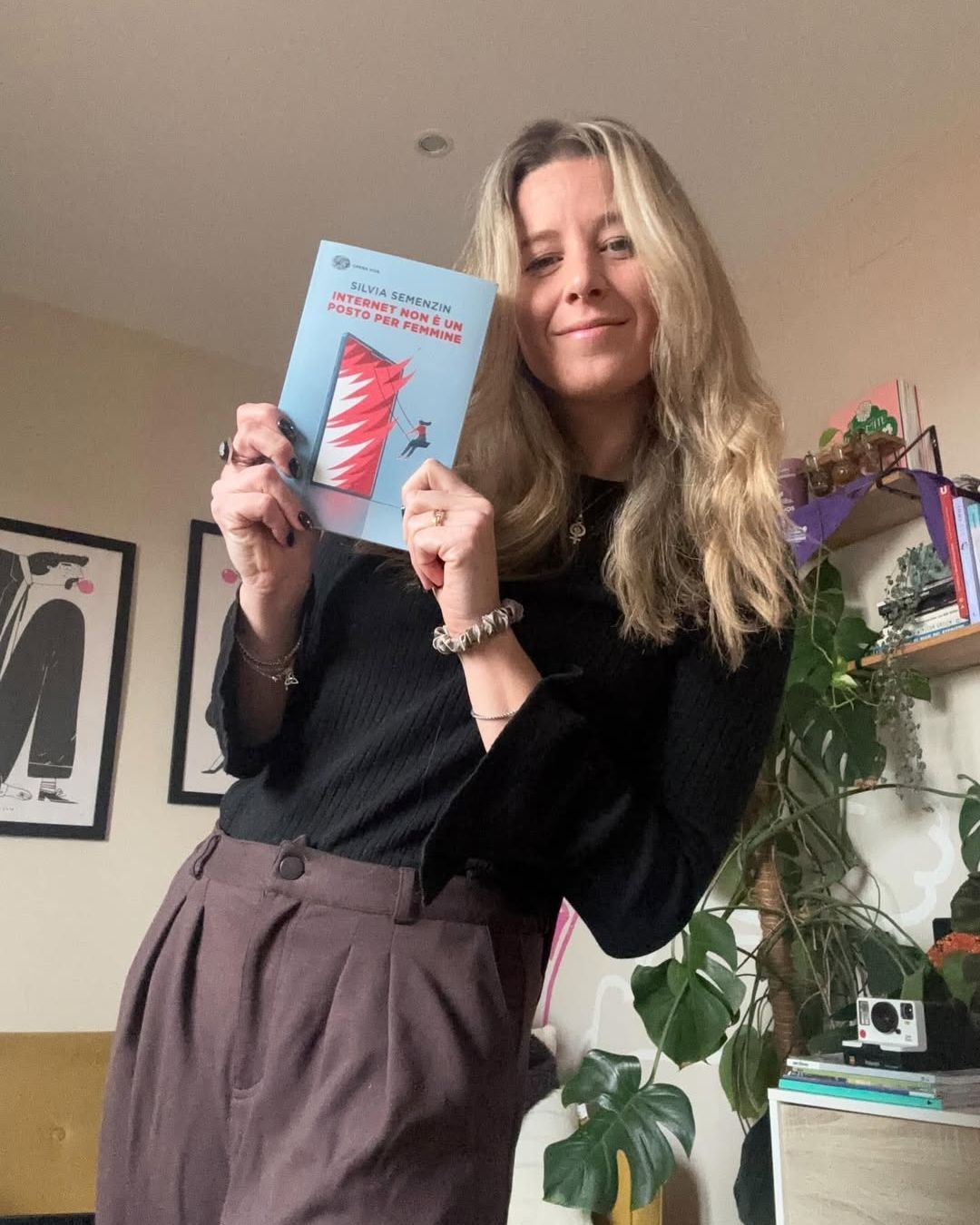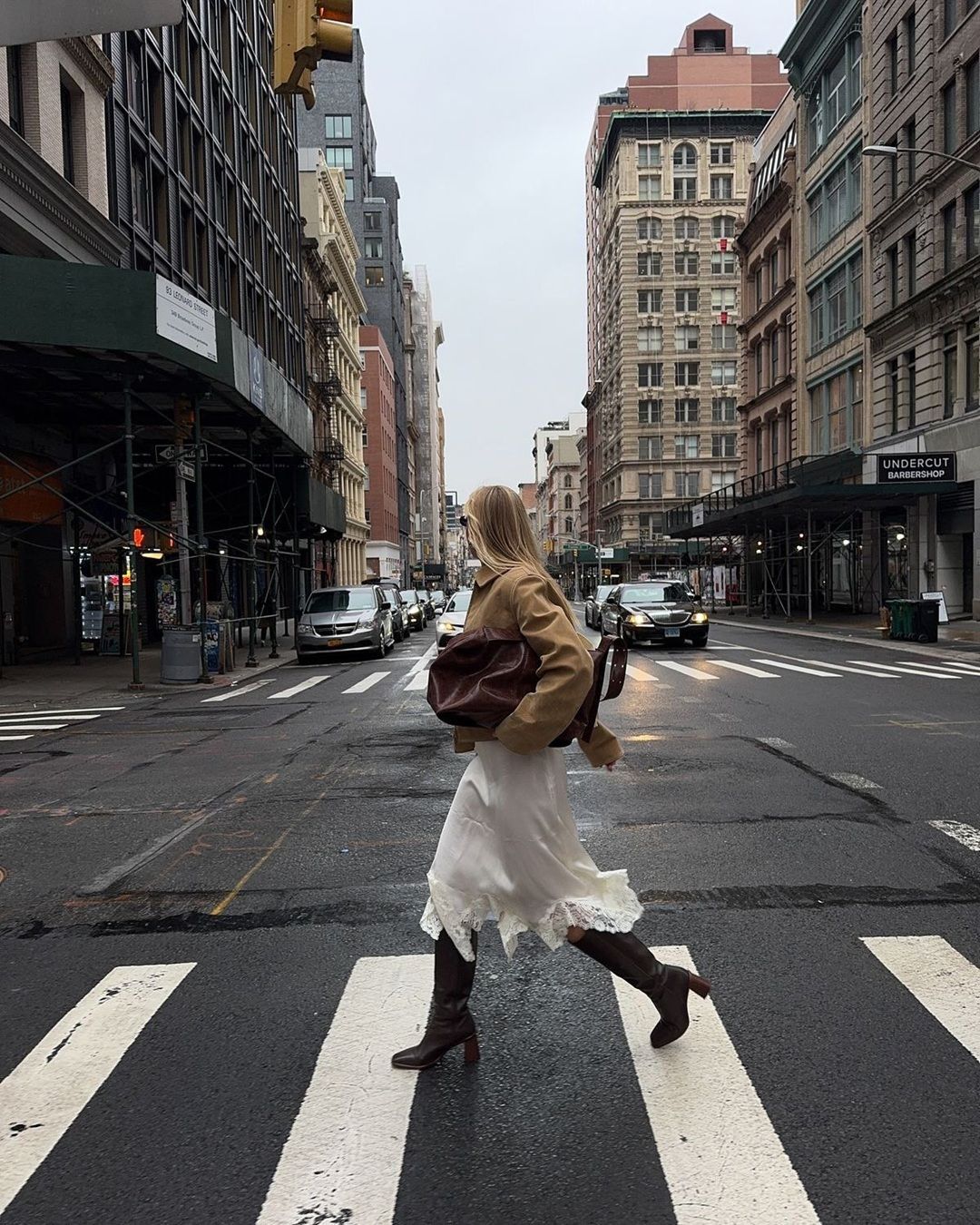
The menstrual cycle is still considered embarrassing Period shaming, tampon tax and trans people: let's talk about it
On the Internet and social networks, we've normalized everything by now, or at least it seems so if you take a quick look at TikTok and Twitter. Sex and relationships are discussed naturally, mental health is brought up (sometimes superficially, but that's the nature of the medium, baby), the frequency of showers is discussed, the effects of food intolerances on our bodies are described (often with picturesque details), private conversations are shared, strangers are recorded without much concern for privacy, pimples are popped, and childbirth experiences are recounted. What's the most private, intimate, and sometimes a bit disgusting thing you've heard online? How many times have you felt like you've just learned a bit too much about a stranger you've had in front of you for 15 seconds and will probably never see again?
Are menstruations still considered embarrassing?
One thing we still haven't quite normalized is menstruation. It's been happening forever, once a month or so, to anyone born a woman or almost, for an extended period of their (our!) lives, yet we still can't handle it. Not even now that feminism is on everyone's lips, and female bodies are no longer a mystery. Menstruation disgusts us, it's to be hidden, to be avoided. Pads are asked for quietly, they're hidden in the back pocket of jeans when going to the bathroom. No one at the table or among our followers wants to know the state of our uterus, but we don't have the same problems with other bodily functions, quite the opposite. Not talking about it enough inevitably leads to misinformation, making those without a period believe they can pass judgment on how we feel, how many pads we use, on our bodies and what they go through. Also, it doesn't make those who have it understand when it's healthy and when it's not, what to tell their doctor, and what the signs are that something's wrong.
@dr.staci.t Have you noticed similar changes? #learnontiktok #tiktokpartner #cervicalmucus #menstrualcycle #obgyn Dandelions - The Young Ebenezers
The answer is yes, the numbers say so
This is crystal clear from a survey commissioned by Initial - a company specializing in offering services and solutions for hygiene and well-being away from home - for the launch of Dignity, a distributor of sanitary pads. According to this research, 1 in 3 women feels embarrassed admitting to having their period in the presence of others. Among younger girls (16-18 years old), only 61% talk about it without hesitation and with ease, while 27% of those interviewed have been mocked about their period, especially during adolescence. In the majority of cases (65%), the ones mocking were men, but 38% of those mocking are indeed women. This is called period shaming. 66% of women also believe that men have difficulty dealing with menstruation. They partly confirm this feeling. 26% admit to not being comfortable, 17% say they have never discussed the topic, and 9% avoid it altogether. Men who have mothers, daughters, and sisters prefer not to know what happens in their bodies, how they feel, what products they use, and they even feel uncomfortable talking about it, bewildered, a little disgusted.
@jennawiththepink LETS END PERIOD POVERTY
The tampon tax and the political issue
In Italy, menstruation is a political issue, from several points of view. Our ruling class continuously intervenes on female bodies, and the debate on the tampon tax (the VAT rate applied to sanitary pads) has not yet subsided, indeed. On January 1, 2024, this tax increased, going from 5% to 10% and impacting the shopping basket, especially that of women, naturally, and with an even more significant and important impact on women in the South and the Islands. It's period poverty, which makes it difficult for some people with menstruation to buy all the products they need. Although both men (71%) and women (82%) believe this measure is unfair, nothing happens. Also because discussing it publicly is, as we've just seen, considered embarrassing, to be avoided, a sign of bad manners. As if that weren't enough, women are encouraged to be women, to marry and procreate, only to be abandoned when it comes to receiving help to take care of their bodies, their uterus, their vagina. Just think of how endometriosis, vestibolodynia, and similar issues are left unaddressed.
Not only women have menstruations
Statistical research doesn't deal with this, and in Italy we haven't even scratched the surface of the issue. The truth, however, is that it's not only women who menstruate, and not all women do. Trans men, for example, menstruate. Trans women, on the other hand, don't. If we could first talk freely about tampon tax, period shaming and period poverty without having to fight a creeping sense of shame and without fearing being considered disgusting by the people around us, perhaps the next step could be even to delve into the issue, to blur it. The ultimate goal is to learn to treat menstruation as something that happens to female bodies and not only, that happens and that's it and that comes with a series of symptoms, possible complications, changes. Something that needs fixed, important, inevitable products and that needs to be discussed as a collective issue because it's a collective issue, a public health issue. And the sooner we understand this, the better.

























































